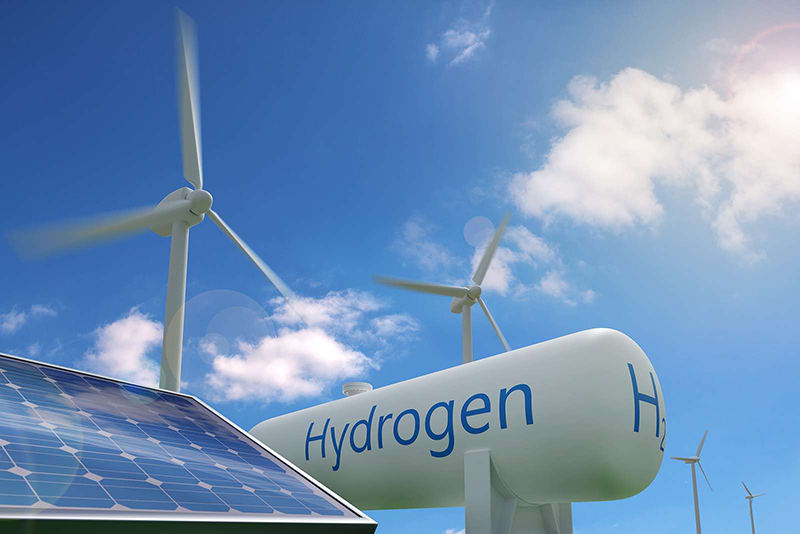As part of a deal with the electric company ZETDC, the French independent power producer HDF Energy intends to construct Zimbabwe’s first green hydrogen energy facility in 2024.
The Middle Sabi Renewstable project will be built in Chipinge’s Chipangayi Renewable Energy Technology Park, which the company said has all the necessary first-round approvals to get it started.
Nicolas Lecomte, HDF Director for Southern and East Africa, commented on Zimbabwe’s high electricity demand on Thursday after signing an MoU with ZETDC. “The country’s demand for electricity is very high, in part due to the growth in demand by the productive sector, a positive sign for Zimbabwe’s future.”
“HDF expects to reach financial close on the project and start construction in 2024 or 2025.”
Engineer John Diya, who represented ZETDC, said: “This is an encouraging milestone for ZETDC as it comes at a time when the government is encouraging the transition to renewable energy.”
The planned HDF plant will produce green power for the national grid through the Middle Sabi Substation, located 4 kilometers from the project site. The annual electric production will be 178 GWh, providing electricity to more than 220,000 inhabitants, the company said.
Such power plants use solar panels to power electrolysers that produce hydrogen that can be stored.
Due to outdated thermal plants and inadequate hydropower production at Kariba, Zimbabwe is currently experiencing a serious power crisis. According to plans, up to 1000 megawatts of renewable energy would be produced in the nation by 2030. However, due to worries about the unstable monetary system in the nation, private energy investment has decreased. Investors worry that they won’t be able to demand reasonable rates for their power.
With operations on five continents and a base in Bordeaux, France, HDF was established in 2012. Its project portfolio is valued at more than US$5.4 billion. By 2024, HDF aims to begin generating electricity from its green hydrogen power plant in Namibia, the continent’s first. In order to create power in South Africa, the business also inked agreements last year.

